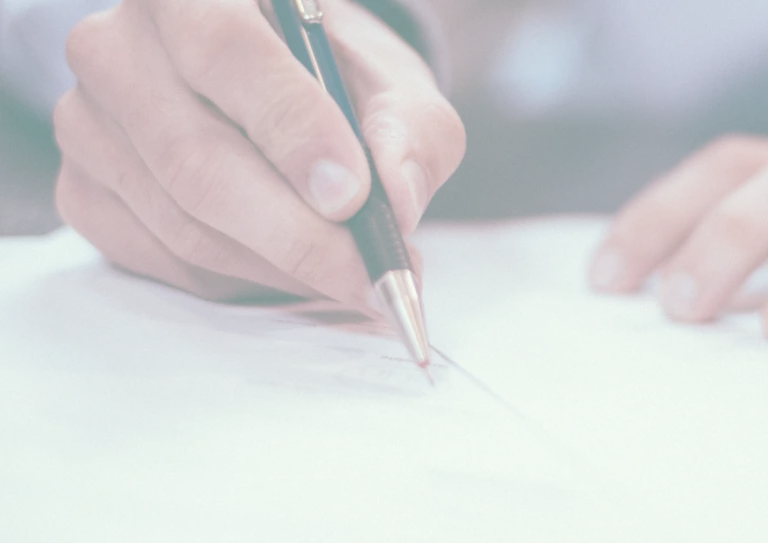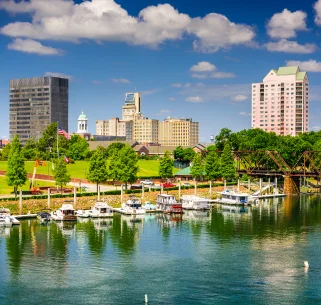Student debt continues to be a significant problem for individuals across the United States. The Council on Foreign Relations indicates that student loans have more than doubled over the last two decades. In fact, about 48 million U.S. borrowers owe more than $1.6 trillion in federal student loans, with private loans bringing the total above $1.7 trillion. That is why more than ever, people are looking to other options to help with this debt, including bankruptcy. However, student loans and bankruptcy are a complicated undertaking, and not many bankruptcy filers even understand how bankruptcy may affect student loan debt.

For these reasons, in the guide below, we will go over the truth about student loans and bankruptcy and discuss how an experienced bankruptcy attorney can help you.
General Information Regarding Student Loans and Bankruptcy
Student loans are generally not dischargeable in bankruptcy. As a result, individuals with these loans will still owe them when their bankruptcy is over. However, this does not mean that student loans will never be discharged in bankruptcy. This discharge is possible. However, the process tends to be complicated, and most judges will only grant this relief in extreme situations.
Undue Hardship and Student Loan Relief
The only way to get rid of student loans in bankruptcy is to claim that the repayment of the loans would result in an “undue hardship.” While the definition of undue hardship will vary depending on the person, most bankruptcy courts will look at various factors to determine whether an undue hardship exists, such as:
- The person’s present, past, and probable estimated ongoing economic resources
- The person’s and their dependent’s necessary living expenses, and
- Other pertinent factors that are distinctive to the individual that can show that they may have a hard time paying back the loans while still trying to continue to meet a minimal standard of living even when assisted by a discharge of other debts.
In addition, to discharge this debt, the debtor will need to bring a separate bankruptcy trial, known as an “adversary proceeding,” which takes place only if the individual files a separate adversary complaint with the bankruptcy court.
Other Non-Bankruptcy Options To Consider Regarding Student Loans
While bankruptcy will not always discharge student loans, individuals have other options when it comes to the repayment of these loans, including forbearance and deferment. These two solutions are usually short-term but can allow a debtor to temporarily stop making federal loan payments or reduce the amount of each payment. Depending on their circumstances, these individuals may even be able to look into loan rehabilitation or loan consolidation.
Discuss Your Student Loan Options with an Experienced Bankruptcy Lawyer and Figure out Your Next Steps
If your student loan obligations are becoming an obstacle for you and your family’s financial well-being, it may be time to discuss this issue with an experienced bankruptcy attorney at the Law Firm of Duncan & Brow. Our knowledgeable legal team can review your options and determine what is the best way to manage your student loans.
For more information regarding student loans or other bankruptcy issues, fill out an online form today or call us at 706-755-2928 to schedule an appointment with our team.


